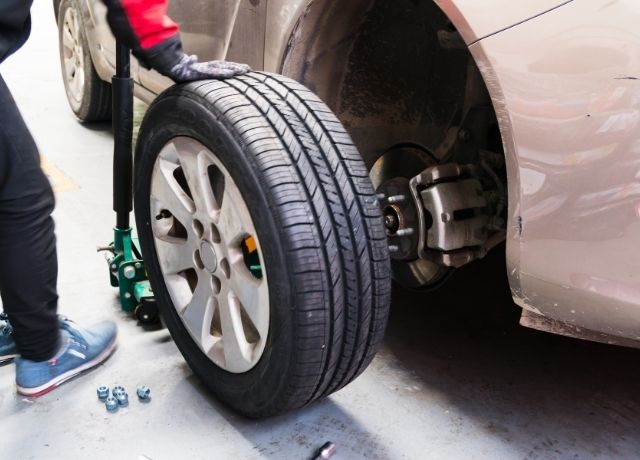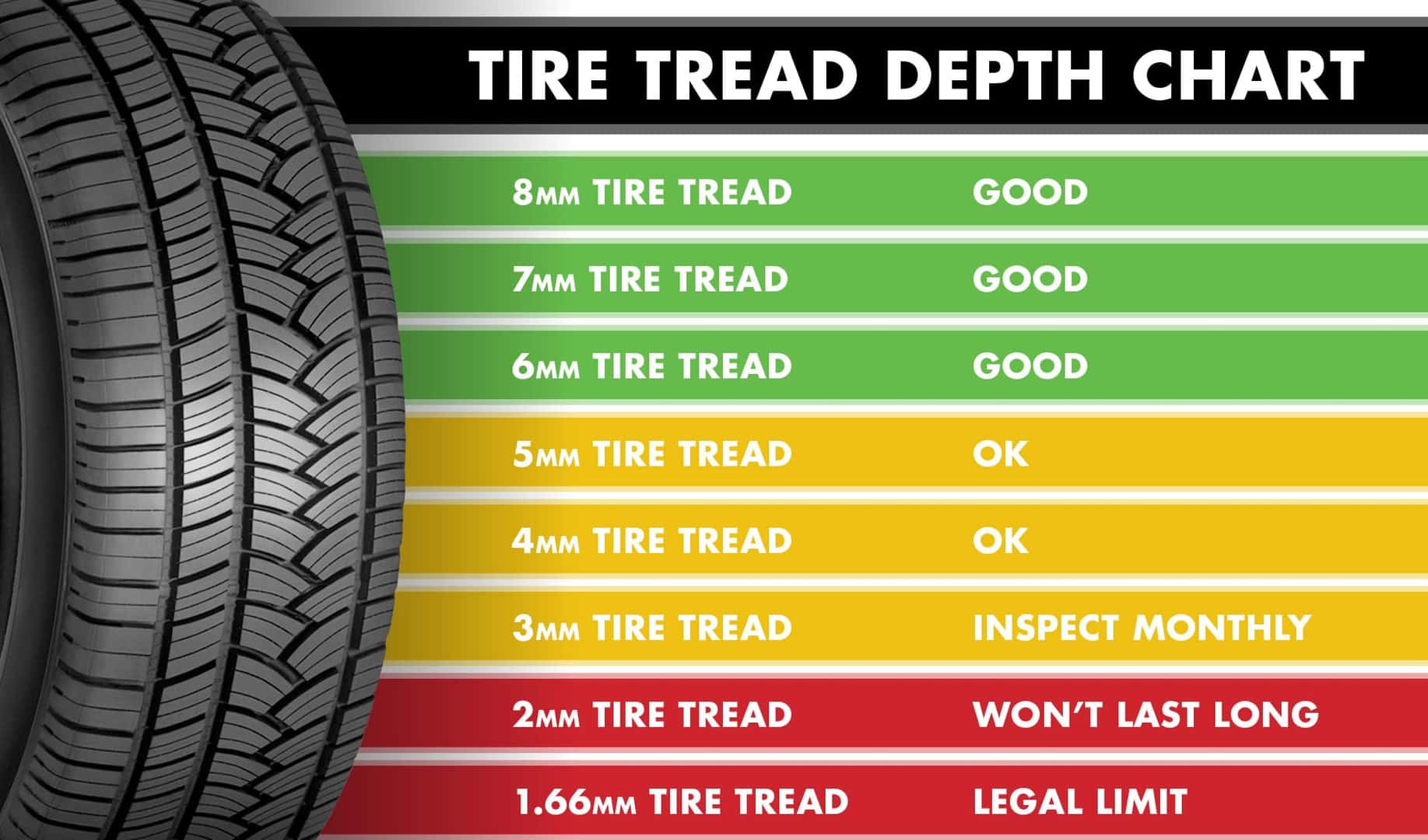As a vehicle owner, tire changes are an inevitable part of maintenance. Whether it’s a seasonal switch to winter tires, a flat tire emergency, or simply replacing worn-out tires, the question of how long the process takes is common. This guide will provide a detailed explanation of the factors influencing the duration of a tire change, offering a comprehensive overview of the service.

Image: flawlesscarguide.com
Factors Affecting Tire Change Duration
The time required for a tire change varies depending on several factors, including:
- Number of Tires: The number of tires being changed significantly impacts the duration. Changing all four tires simultaneously will take longer than just changing two.
- Type of Vehicle: Different vehicles have varying wheelbase sizes and jacking points, which can affect the ease and time required for tire changes.
- Wheelbase Size: Larger vehicles with longer wheelbases generally require more time to jack up and access the tires.
- Type of Tires: The size and type of tires also influence the duration. Low-profile tires and heavy-duty truck tires require specialized equipment and additional time for mounting.
- Tire Condition: Tires that are stuck or corroded can take longer to remove, especially if rust has formed on the wheel bolts.
- Jack and Wrench Availability: Having the appropriate jack and wrench for your vehicle is crucial. Mismatched equipment can lead to delays and potential safety hazards.
- Mechanic’s Skill and Experience: The skill and experience of the mechanic performing the tire change play a role in the overall duration.
Average Time for a Tire Change
Considering the factors mentioned above, the average time for a tire change typically varies between 30 minutes to 2 hours. However, it’s important to note that this is just a general estimate. In certain situations, the process may take longer or shorter, depending on the specific circumstances.
Professional vs. DIY Tire Changes
Tire changes can be performed by professionals at a tire shop or garages, or as a do-it-yourself (DIY) project. While DIY tire changes can save money, they require the right tools, knowledge, and safety precautions. In comparison, professional tire changes offer convenience, expert handling, and warranty coverage, ensuring the tires are properly installed and balanced.

Image: www.bobmoore.com
Tips and Expert Advice
To ensure a smooth tire change experience, consider these tips:
- Check your spare tire: Before embarking on a long journey, verify that your spare tire is in good condition and properly inflated.
- Follow safety guidelines: Use a jack stand or chocks to ensure the vehicle is stable and secure while changing the tire.
- Tighten lug nuts: Once the new tire is mounted, use a torque wrench to tighten the lug nuts according to the manufacturer’s specifications.
- Inspect and document: After the tire change, inspect the tires for proper inflation, alignment, and balance. Keep a record of tire rotations and changes for future maintenance.
- Seek professional help: If you lack the necessary tools or experience, don’t hesitate to seek assistance from professional mechanics.
Frequently Asked Questions
Below are answers to common questions about tire changes:
- Q: Can I change a flat tire myself?
A: Yes, with the right tools, knowledge, and safety measures, you can change a flat tire on the spot. - Q: How often should I rotate my tires?
A: Refer to your vehicle’s owner’s manual for the recommended tire rotation intervals, which typically range from 5,000 to 8,000 miles. - Q: What are the signs that indicate I need new tires?
A: Look out for uneven wear, low tread depth, vibrations while driving, and sidewall damage. - Q: How do I dispose of old tires?
A: Contact your local waste management facility or tire shops for proper disposal and recycling of used tires. - Q: What is the warranty on a tire change?
A: Most professional tire shops offer a limited warranty on their services, including tire changes. Check with your mechanic for the specific terms and conditions.
How Long Does It Take To Get Your Tires Changed
Conclusion
The duration of a tire change depends on several factors, including the number of tires, the vehicle type, and the mechanic’s experience. On average, it takes between 30 minutes to 2 hours for a complete tire change. By following the tips and expert advice outlined in this article, you can ensure a safe and efficient tire change experience.